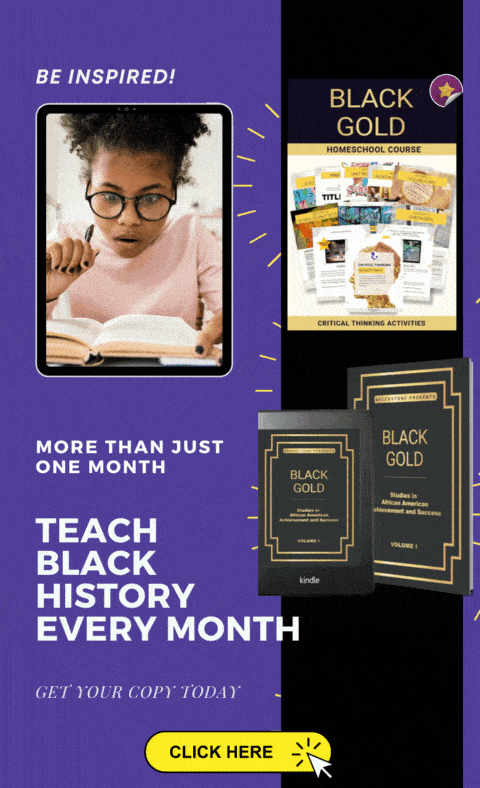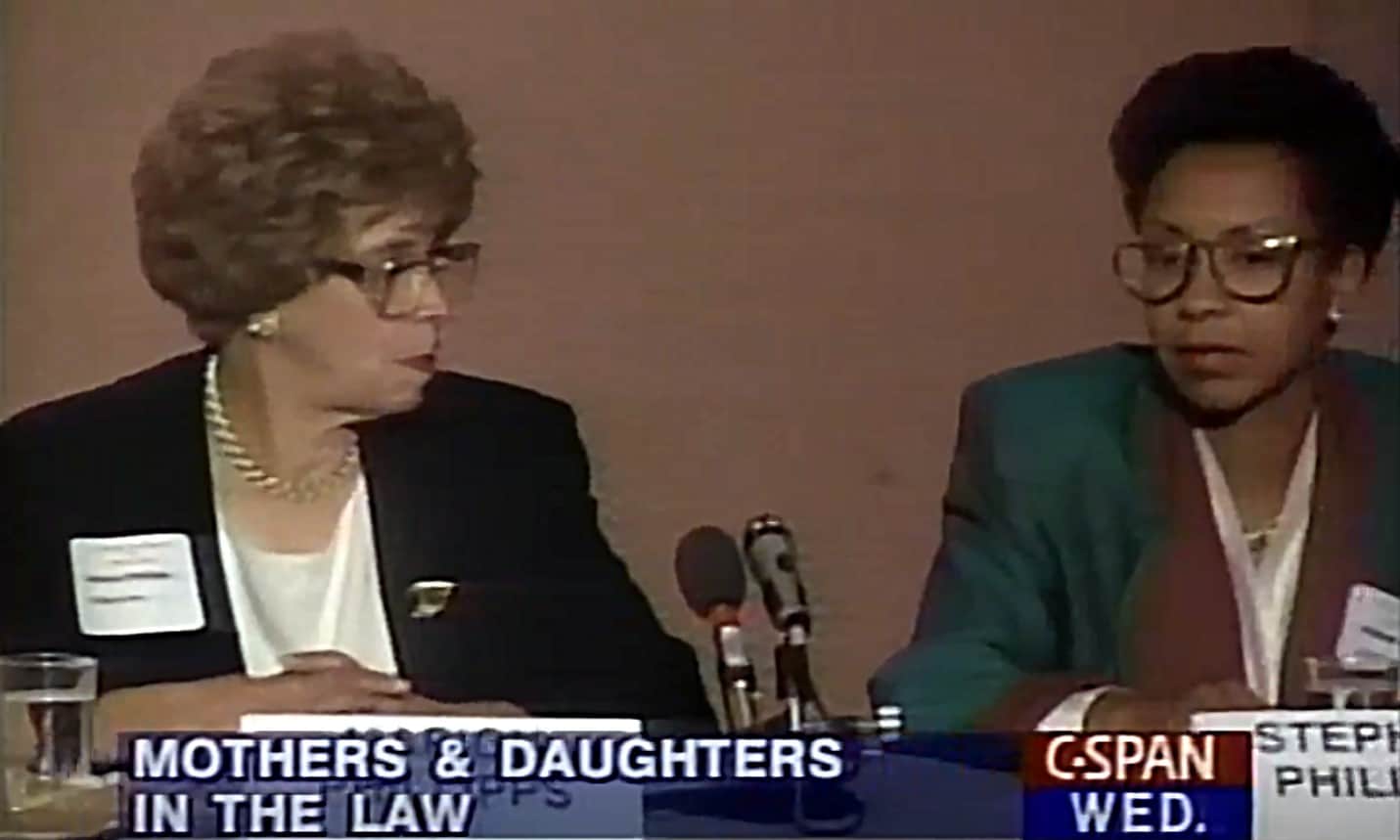Recently during a meeting with high school seniors to talk about the Civil Rights Movement, I learned their graduation was on May 17th.
“Wow,” I exclaimed. “How wonderful to be graduating on such a historic day.” Seated at a round table in front of me, all of the students looked at me quizzically.
“You do know the significance of May 17th?” I asked, only to be met with the same uncomprehending looks.
“May 17, 1954,” I repeated, and then quickly added, “without which I might not be where I am today.”
I immediately recognized May 17, 1954 was a date lost to their history. And so I gave them my email address and told them that anyone interested enough to look up the date could write me and let me know what they discovered.
This was one more example that illustrated the findings of a report by the Southern Poverty Law Center, which indicated the younger generation’s knowledge of even the most recent history of the struggle for freedom and justice in this country — the Civil Rights Movement — is practically non-existent. Not being taught in the classrooms of America are the once unthinkable steps young people like themselves took to change that and to give the lie to “separate but equal” and the often treacherous paths they walked and the journeys they took to secure the equal rights the long since amended U.S. Constitution guaranteed to all citizens, regardless of race, creed or color.
Like the young people known as “born frees” in South Africa — those born after Nelson Mandela was released — who associate the struggle there only with Mandela, the Law Center’s report showed the struggle for equal rights here in America is more often than not associated only with Martin Luther King and Rosa Parks. But today’s leaders of the Black Lives Matter movement should take inspiration from the fact that the pioneering efforts of King and Parks could not have been sustained or advanced to a more aggressive level without the young foot soldiers of the Civil Rights Movement, like John Lewis and other young students sometimes known as “shock troops.” They are among the giants on whose shoulders former President Obama has more than once acknowledged he stood.
Young activists today should know of the four college students who emerged in 1960 from an all-night bull session in their dormitory at North Carolina A & T College and headed for the segregated Woolworth’s Five and Dime lunch counter demanding the same service as white patrons. To today’s students, it may be unthinkable that during that time, those black students could make purchases in the store, and even buy food, but, unlike the white patrons, they could not sit down to eat it.
What the students of today should know is that a simple demand ignited a spark that spread like a firestorm throughout black college campuses and communities all over the South, and while many were arrested, sometimes sent to infamous prisons, tortured and in some cases murdered, their unwavering commitment ultimately changed the face of the South and in the eyes of the world, the face of America.
The same was true in South Africa, where a monument stands today at a museum named for Hector Pieterson, one of the many students felled by bullets from the guns of apartheid’s police during the Soweto student uprising against the white minority regime’s attempt to impose the white language of Afrikaans in 1976. Many of today’s students do not know that, like the student movement in America, that uprising ushered in a new, more aggressive phase of the struggle against apartheid that ultimately ended in 1994, with the first all-race election that led to new multiracial government, with Nelson Mandela as its president.
The Mountaintop that Dr. King spoke of reaching, just before his untimely death in 1968, was reached by millions as both Jim Crow and apartheid were consigned to the dustbins of history.
And yet, what we know today is that despite the victories, the dust from those bins continues to rise. According to a study by the Manhattan Institute, “The end of segregation has not caused the end of racial equality.” Segregation is not legal, but it still lives, among other places, in inadequate, re-segregated schools, disparate health outcomes in the Covid crisis, and the unemployment statistics that show black unemployment twice that of non-Hispanic whites. The same is true in South Africa, where the vast majority of young black South Africans find themselves in the same sorry boat as their black American counterparts, even in a country now led by many of the heroes of the struggle. Out of a population of 49 million, 7.5 million South Africans, mostly black, are out of work. Young people are worst affected, with over half of 18- to 25-year-olds unemployed.
That being the case, how do we encourage young people at home and abroad, in South Africa and now those young people heavily invested in the Black Lives Matter Movement to “keep on keepin’ on,” as the foot soldiers of the Civil Rights Movement used to pledge?
It is so important to ensure that each new generation is buttressed by what our history teaches us: No matter the challenge, we CAN overcome. We also need to share the lesson that history teaches us about the need for constant citizen engagement and vigilance in both new and old democracies to ensure they keep their promises to their people. Which brings me back to the students who didn’t know about May 17. The day after I gave them that assignment and my email address, I got two letters that affirmed for me how important it is for our young people to know their history.
One was from a young white student who wrote:
A truly fascinating and inspirational day in this great nation’s history, the Supreme Court of Brown vs. Board of Education of Topeka ruled that segregation in public schools was unconstitutional. The aforementioned date held one of the first strong rulings in favor of the civil rights movement, and opened the floodgates for further activity which later yielded to the divine conclusion of a free and unsegregated America.
Shortly after his note, I got another from a young woman who was in attendance the day before.
She wrote:
This date has an extreme importance to every one of our lives. Scanning the corners of senior hall, I see people of different descents and contrasting ethnicities. It’s difficult to imagine a school where everyone easily fits into an identical mold. I don’t comprehend where greatness would lie in a world where everyone looks the alike, acts alike, and thinks alike. Diversity would amount to merely an unidentifiable word on the cobwebbed page of a decrepit dictionary. Life would be safe and stagnant. Personally, I feel that a life filled with sameness and a lack of change is no life at all. To live, you must dare to disturb your universe. With variety, one is able to have true knowledge and see the connectivity and beauty of the world.
As an African-American I can’t express how thankful I am that on this day the promises of the constitution were upheld and that unfair treatment was realized. Thanks to the people who fought for these rights and the pioneers who led the way I am able to go to a great school and learn in harmony with my peers and teachers.
Two of the best reasons why we must get the inspiring histories of our past into our classrooms!
Charlayne Hunter-Gault is an award-winning journalist and the author of three books, the most recent, “To The Mountaintop: My Journey Through the Civil Rights Movement,” is available on Amazon, for young readers ninth grade and up.







Share your thoughts